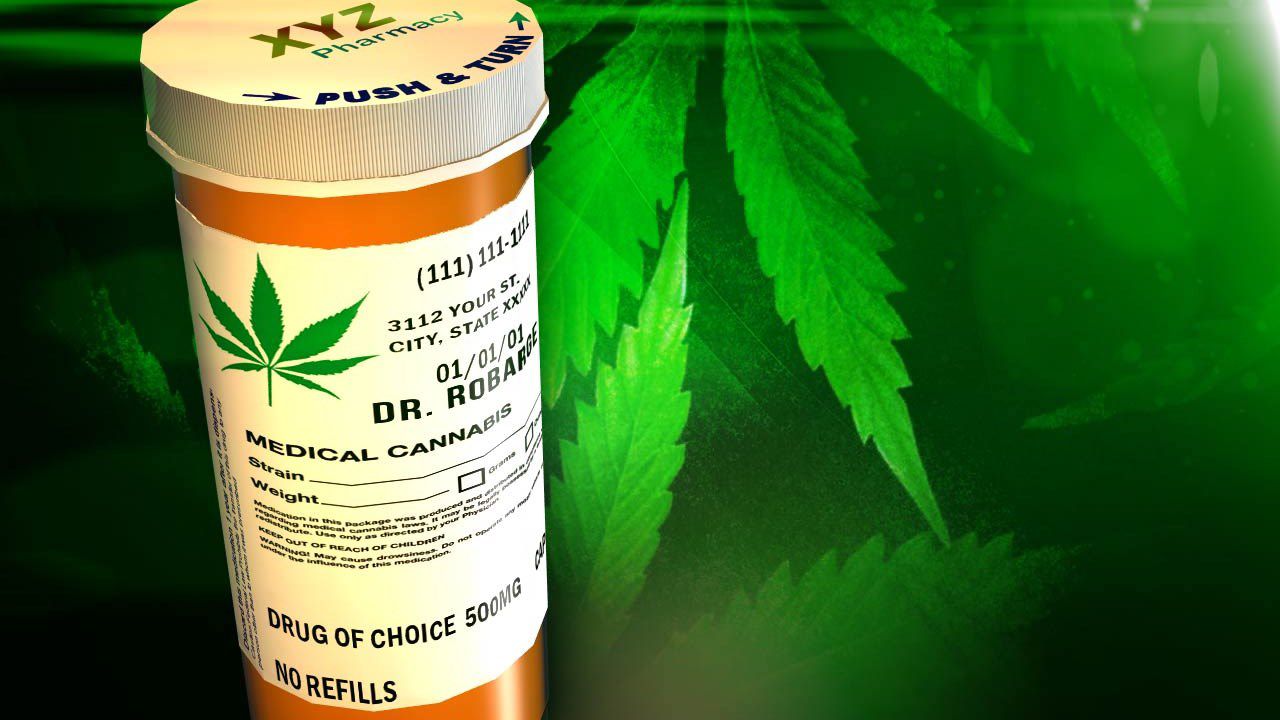Image via
A new study by the University of Florida at Gainesville School of Pharmacy is backing up prior research studies showing that medical cannabis can help patients suffering from a variety of serious illnesses reduce their use of opioids, benzodiazepines, and other dangerous pharmaceuticals.
In 2014, Florida lawmakers passed the Compassionate Medical Cannabis Act, a limited law allowing the use of low-THC, high-CBD cannabis oils to treat a small number of health conditions. Despite its limitations, the law contained a unique provision to help research the program’s effectiveness over time. For the first year that the program was active, registered cannabis providers were required to submit their initial and follow-up treatment plans for all of their patients.
From August 2016, the first month that cannabis oils became available, until July 2017, registered providers submitted 7,548 unique treatment plans and 2,075 follow-up plans. Nearly 80 percent of these patients were assessed as at least moderately ill, and around 45 percent were diagnosed with musculoskeletal and spasticity-related conditions, 42 percent with chronic pain, and 17 percent with mental health disorders.
At the initial assessment, before medical marijuana became available, the study authors noted that patients were using “prescription opioids, anxiolytics including benzodiazepines, and antidepressants” to treat their symptoms. Specifically, one-quarter of these patients were using opioids or other psychotropic medications, and “a considerable proportion used anticonvulsants and skeletal muscle relaxants.”
According to data from the follow-up visits, around 40 percent of patients showed improvements in their conditions after medical cannabis treatment began. Providers also recorded “notable instances of reported reductions in prescription drug use” since their initial assessment. “In particular, reductions or complete cessation of opioid medications were reported as well as reductions of anxiolytics/benzodiazepines and hypnotics/sedatives.”
The data led authors to conclude that although “follow-up information was only available for a fraction of patients, follow-up was mostly characterized by clinical improvements and reported reductions in some prescription medication classes.” The authors also noted that only 1.7 percent of patients reported having an adverse reaction to cannabis, and only 5 percent chose to quit using medical pot during the study period.
In 2016, Florida voters approved an amendment to create a comprehensive medical marijuana program allowing access to cannabis products with higher THC content. Five years later, the Sunshine State now boasts one of the country’s largest medical pot industries. Since these higher-THC products were not available to patients participating in this study, further research should be conducted to determine whether expanded access to a wider variety of medical cannabis is linked to greater reductions in pharmaceutical use.











